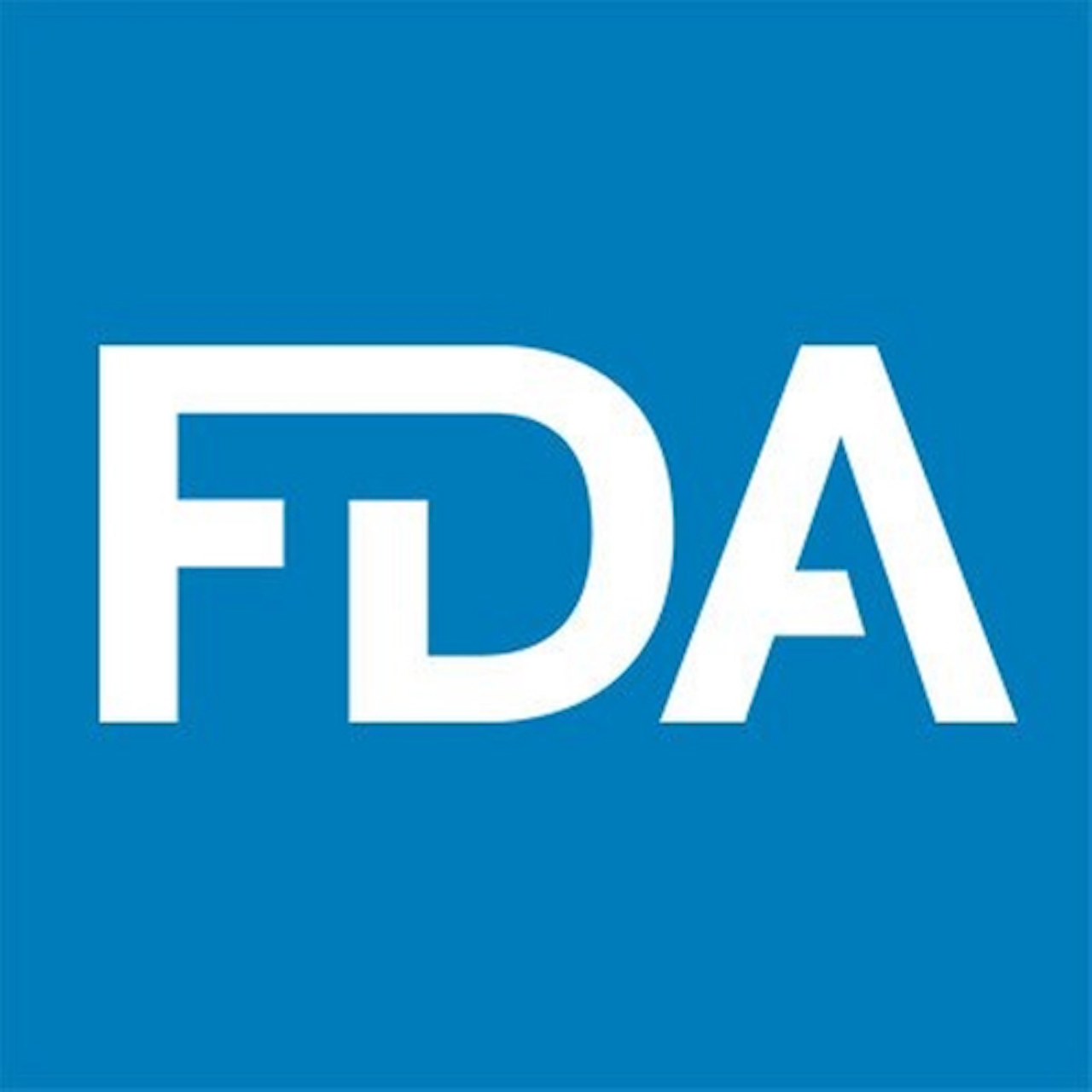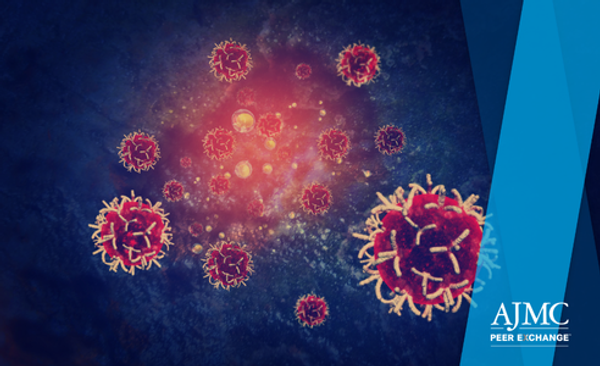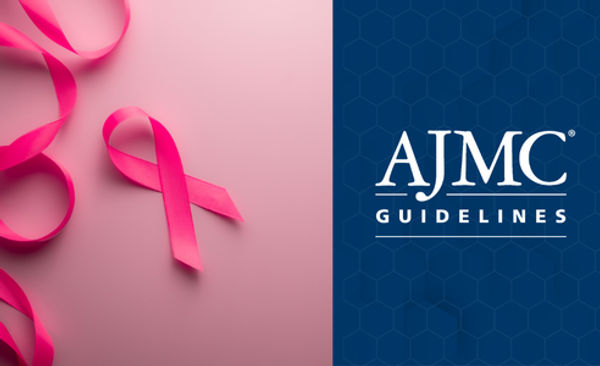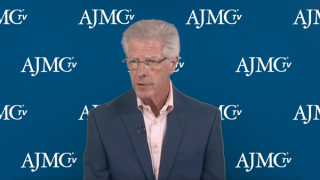
Breast Cancer
Latest News

Latest Videos

CME Content
More News
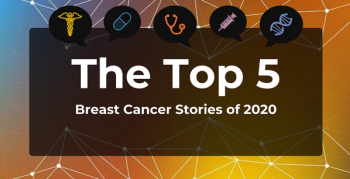
These top 5 posts from our breast cancer compendium in 2020 show that while much is known about breast cancer, much remains that can help to broaden the knowledge armamentarium.

Uptick in Early-Stage Breast Cancer Diagnoses Seen Among Minority Women Following ACA Implementation
Compared with before the Affordable Care Act (ACA), study results show there was an increase in diagnoses of early-stage breast cancer among younger vs older minority women after the act.

Overall survival from early breast cancer has steadily been increasing; however, simultaneous increases in obesity and obesity-related comorbidities may have contributed to the survival disparity seen between these patient groups.

Research presented at this year’s annual meeting of the Radiological Society of North America shows the possible impact of food or housing insecurity on follow-up appointments for breast cancer.

Survival after breast cancer is on the rise, thereby emphasizing the importance of discussions that focus on fertility and reproduction among younger survivors.
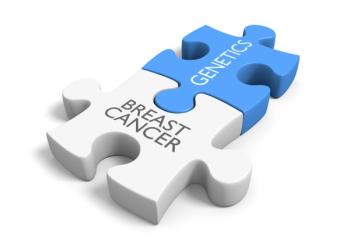
Among older women with and without breast and ovarian cancers, testing for the BRCA gene dropped precipitously between 2008 and 2018.

Patients younger than 65 years represent close to 40% of deaths from metastatic breast cancer, yet their use of end-of-life (EOL) care has not been thoroughly investigated until now.
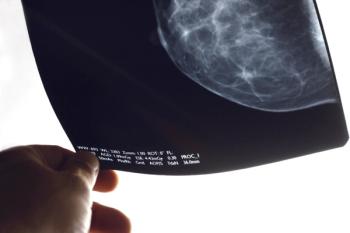
Supplemental screening for breast cancer, beyond the standard-of-care mammography, may benefit some women who have dense breast tissue.

A recent study published in The BMJ suggests that the increased breast cancer risk varies by hormone replacement therapy (HRT) type, but that combined treatments and longer duration might lead to the highest risk.

A recent study of female breast cancer survivors shows that feelings toward body image were consistently worse among those who had a bilateral mastectomy vs breast-conserving surgery.

Having node-positive, estrogen receptor–positive breast cancer indicated a greater likelihood of overall survival following chemotherapy, despite having several comorbidities, after adjustment for confounders.

A recent analysis identified disparities in the start of breast cancer treatment and the duration of treatment in Black women compared with White women.

Despite FDA accelerated approval in April, we still need to learn more about resistance to this antibody drug conjugate, said Aditya Bardia, MBBS, MPH, breast medical oncologist, Massachusetts General Hospital, Harvard Medical School.
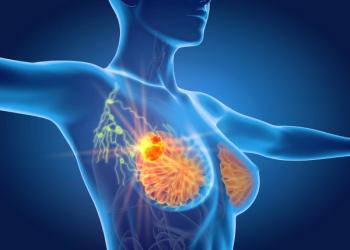
A study published in the Journal of Clinical Oncology determined that the main risk factor for breast cancer-related lymphedema in patients with positive axillary lymph nodes is the type of axillary surgery used.

Initial preliminary efficacy and safety data are expected sometime next year, stated Aditya Bardia, MBBS, MPH, breast medical oncologist, Massachusetts General Hospital, Harvard Medical School.
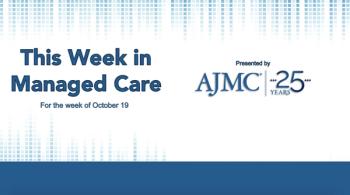
This week, the top managed care news included COVID-19 delays in breast cancer surgery; targeted therapies associated with decreased mortality risk for non–small cell lung cancer; an inside look at a patient’s perspective of early-onset Parkinson disease.
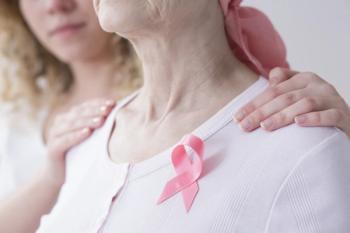
A new analysis predicts close to 3000 additional deaths over a 10-year period in patients who faced delays in breast cancer treatment during the pandemic.

Early results on rucaparib/sacituzumab govitecan are promising, but further exploration is needed, stated Timothy A. Yap, MBBS, PhD, FRCP, medical director of the Institute for Applied Cancer Science, MD Anderson Cancer Center.
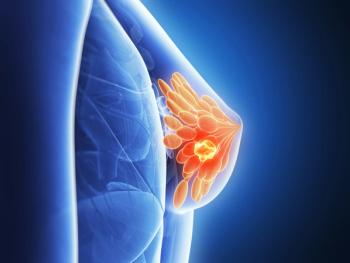
Findings suggest that current standard treatment does not eliminate the risk of breast cancer-specific death in the 20 years after DCIS diagnosis.

There is a synthetic lethality between sacituzumab govitecan and a PARP inhibitor, noted Aditya Bardia, MBBS, MPH, breast medical oncologist, Massachusetts General Hospital, Harvard Medical School.

In this episode of Managed Care Cast, we speak with a male patient with breast cancer who was diagnosed with metastatic disease in 2016 about how he lives his life and what he wants people to know about this rare cancer.

Targeted tumor delivery of irinotecan through sacituzumab govitecan can help to reduce treatment-related toxicities, noted Timothy A. Yap, MBBS, PhD, FRCP, medical director of the Institute for Applied Cancer Science, MD Anderson Cancer Center.

Results from a study on Canadian women who did and did not participate in a population-based breast cancer screening program show that interval breast cancers are more aggressive and deadlier than screening-detected cancers.

Dr Aditya Bardia Discusses the Advantages of Sacituzumab Govitecan for Triple-Negative Breast Cancer
There is a clear need for better therapies to treat triple-negative breast cancer, especially when progression-free survival is around 2%, says Aditya Bardia, MBBS, MPH, breast medical oncologist at Massachusetts General Hospital, Harvard Medical School.

A novel combination shows promise against advanced solid tumors, including triple-negative breast cancer, noted Timothy A. Yap, MBBS, PhD, FRCP, medical director of the Institute for Applied Cancer Science at MD Anderson Cancer Center.
